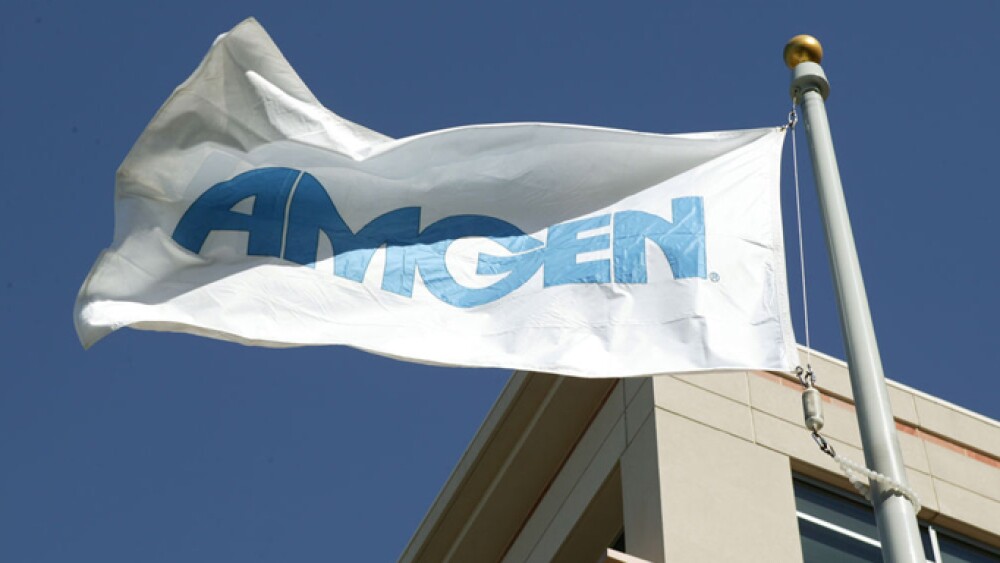August 31, 2017
By Mark Terry, BioSpace.com Breaking News Staff
A tiny San Diego company, Organovo , recently awarded its 2017 ExVive 3D Tissue Application Award to scientists at Amgen and Medikine. Although Medikine is a small private company, Amgen has a market cap greater than $120 billion, while Organovo’s is $200 million. Why is this small company giving Amgen money?
The award is designed to stimulate new applications for Organovo’s ExVive Liver and Kidney Tissues. So, what exactly is Organovo doing? The company uses 3D printing to create functional human tissues. At some point, they may have the potential to actually be transplanted into the human body as organ or tissue transplants, but earlier usage gives researchers in academia and biopharma predictive in vitro models and the ability to test drugs on functional human tissues.
“Amgen consistently works to develop improved in vitro models that can more accurately predict potential safety issues before an investigational medicine ever reaches the clinic,” said Cindy Afshari, Amgen’s vice president, Comparative Biology and Safety Sciences, in a statement. “Current in vitro models lack the sensitivity to detect drug-induced fatty liver, a common reason drugs fail in clinical development, due to a variety of technical limitations. We look forward to collaborating with Organovo to further explore the utility of the ExVive Human Liver Tissue in addressing those issues.”
As Keith Speights writes for The Motley Fool, “Organovo benefits by being able to support the increased demand for translational in vitro models that appeal to a broader customer base. But Amgen and Medikine stand to win also.”
Medikine’s chief scientific officer, Bill Dower, said in a statement, “Genetic and biochemical evidence indicates that key factors play a crucial role in the progression of renal fibrosis, sclerosis and subsequent organ dysfunction. However, no therapeutic agents based on these key pathways have been developed to treat kidney disease. We are excited to be chosen for this award. We believe the ExVive Kidney Tissue is an excellent tool to study progression and reversal of fibrosis because of its multicellular nature.”
Speights writes, “Interest appears to be high among biopharmaceutical companies for Organovo’s technology. However, some potential customers also seem to be taking a ‘show me’ stance. Earlier this year, Organovo slashed its guidance for fiscal year 2017 as a result of requests for additional validation studies by several customers. Organovo has achieved some successes in the past with presentations and public data. However, those weren’t enough for some customers.”
So Organovo is working on additional validation studies, with the result that its research and development spending climbed by 13 percent in its latest quarter year over year. Of course, if they show the 3D tissues work well, it’ll be a good investment.
Speights also points out that the grants to Amgen and Medikine are good PR and may eventually be useful marketing tools, particularly if the two companies come up with something really effective.
He writes, “Could Organovo eventually enjoy as much success as Amgen has? Maybe. The potential for the company’s 3D bioprinted tissues is significant. That’s especially true in the area of therapeutic tissues. One day, Organovo just might build tissues for use in surgical therapy and transplantation.”





